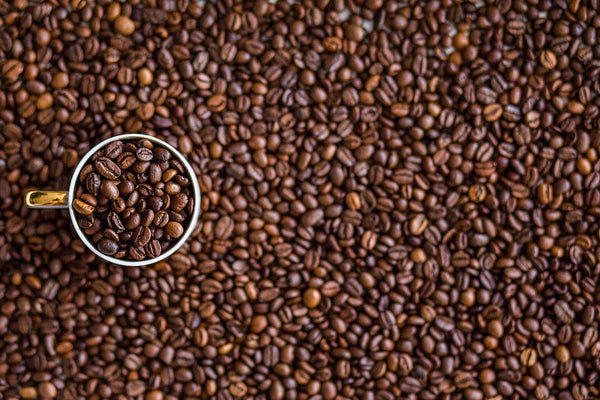We know that many tea enthusiasts barely pay attention to the caffeine content in teas and drink what they feel like drinking when they feel like drinking. However, we also know many who have to control their caffeine intake. And those who purposefully choose teas with a higher caffeine content for energy and motivation. By the way, for those who are interested in getting the most energy out of their tea, we recommend checking out Amazing Tea Substitutes For Coffee.
We're sure you've read many articles along the lines of "stop drinking coffee and switch to tea because of the lesser caffeine content" or "black tea has a higher caffeine content than coffee, so switch back to coffee and forget tea". We won't tell you what to do, but we will try to break the myths and explain the caffeine content in teas.
What Affects the Caffeine Content in Tea
All teas (except herbal) come from the same plant — our beloved Camellia Sinensis. In its pure form, the fresh tea leaves all have a caffeine content of 2-5%.
Some qualities which will affect the caffeine content in a particular tea may be:
- part of the tea plant used (buds are known to contain more caffeine)
- cultivar
- origin
- brewing time (of course, the longer we brew, the more caffeine will be released into the tea brew; this will also be evident by the astringency of the tea)
Is Drinking Tea With a Higher Caffeine Content Bad For You?
Generally speaking — no, unless you have a strong sensitivity to tea.
The fermentation process does not only increase the caffeine content. Similarly to other fermented things (sauerkraut, yogurt, kombucha, etc.), it transforms the product and adds good elements. Teas with a higher fermentation level positively affect our stomach, blood pressure, and blood sugar, among other benefits.
Although green teas, or teas with a light fermentation, also have plenty of benefits, such as high antioxidant content, and antiseptic and anti-inflammatory properties, they are harsh on our stomachs. People with weaker stomachs may experience this in the form of nausea when drinking green tea and should be careful with the quantities they consume.

Caffeine Content in Tea Versus Coffee
This is the myth breaker. All teas, including the most fermented black teas, have a lower caffeine content than coffee (meaning a properly brewed cup of tea vs. a properly brewed cup of coffee). Many will range between 10-40% caffeine in a cup of coffee.
For more information on the subject, check out our article Caffeine: Tea Vs. Coffee, where we break everything down step by step.

